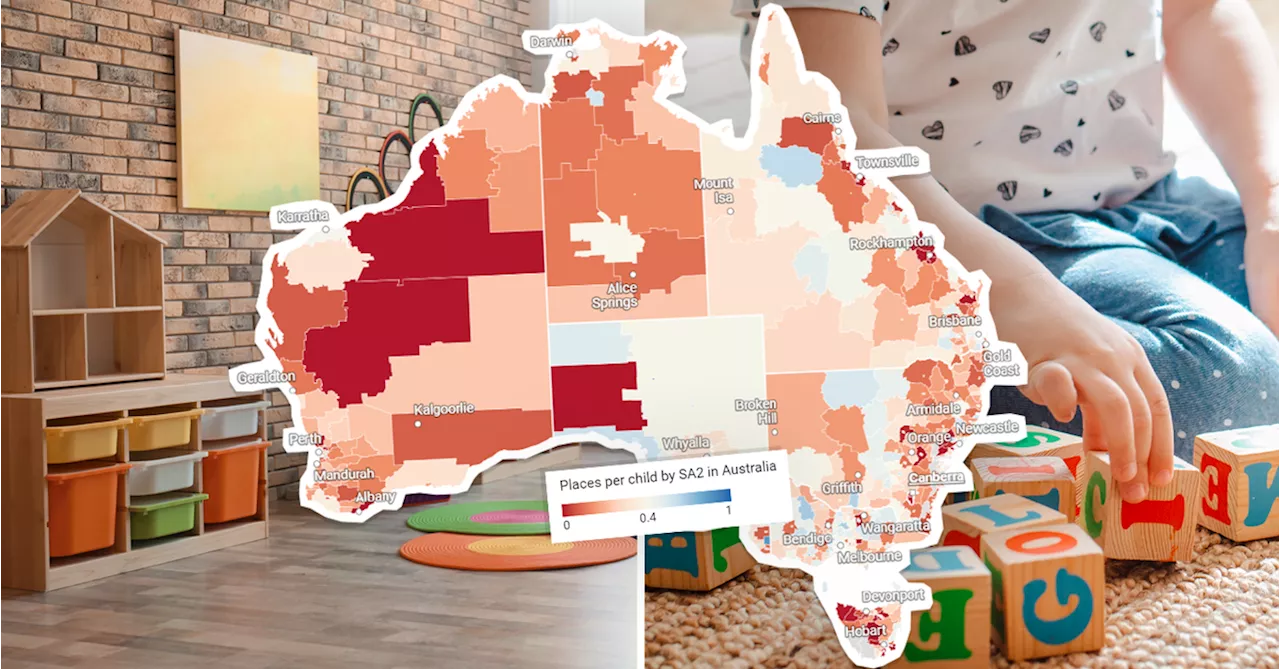Australians are using almost half the amount of oxycodone they were before 2019, a new study detecting opioid levels in wastewater finds.
A study of wastewater has shown a 45 per cent reduction in the amount of oxycodone between 2019 and 2020.A study of opioid levels in wastewater has found the use of oxycodone halved in 2019 and 2020 and remained stable since.The amount of oxycodone Australians are using has almost halved after national changes to packaging and prescription rules were brought in, a new study detecting opioid levels in wastewater has found.
"Oxycodone use decreased nationally from 120 milligrams to 65mg a day per 1,000 people from August 2019 to December 2020," Dr Verhagen said.Dr Verhagen said the study also monitored fentanyl, and heroin, finding the consumption of fentanyl followed a similar trend to oxycodone, while heroin fluctuated over the same time period.
"So people that might have been prescribed oxycodone are aware of the possible dangers because they've been following the news, and therefore might not take oxycodone," he said. Since 2018, the number of unintentional opioid-related deaths has increased 15.9 per cent, while the number of patients dispensed opioids decreased 13.5 per cent in the same period, the report said.
Dr Wilson said while opiates did have benefits, they were a high-risk medicine that could have serious side effects, including dependence."They start to notice they need a bigger dose, they start to notice they have a craving, quite often they don't realise until it's severe."
Oxycodone Drug Use Prescription Drugs Drug Abuse Deaths Wastewater Prescription Rules Addiction Pharmacy Prescribed Medication University Of Queensland
Australia Latest News, Australia Headlines
Similar News:You can also read news stories similar to this one that we have collected from other news sources.
 One in four Australians live in a 'childcare desert', new research revealsAlmost one in four Australians live in a childcare desert - where more than three children vie for every childcare place available.
One in four Australians live in a 'childcare desert', new research revealsAlmost one in four Australians live in a childcare desert - where more than three children vie for every childcare place available.
Read more »
 Australians are living longer than most people in English-speaking OCED countries, new research saysPeople living in Australia have better health outcomes and face less inequality compared to other high-income countries in the Anglosphere.
Australians are living longer than most people in English-speaking OCED countries, new research saysPeople living in Australia have better health outcomes and face less inequality compared to other high-income countries in the Anglosphere.
Read more »
 Australians are living longer than most people in English-speaking OECD countries, new research saysPeople living in Australia have better health outcomes and face less inequality compared to other high-income countries in the Anglosphere.
Australians are living longer than most people in English-speaking OECD countries, new research saysPeople living in Australia have better health outcomes and face less inequality compared to other high-income countries in the Anglosphere.
Read more »
 Concerns raised over Australians doing research on ethnic minorities in ChinaAustralian researchers have collaborated with Chinese colleagues on several studies involving Uyghurs in Xinjiang, but this has thrown up questions about consent and ethics.
Concerns raised over Australians doing research on ethnic minorities in ChinaAustralian researchers have collaborated with Chinese colleagues on several studies involving Uyghurs in Xinjiang, but this has thrown up questions about consent and ethics.
Read more »
 Concerns raised over Australians doing research on ethnic minorities in ChinaAustralian researchers have collaborated with Chinese colleagues on several studies involving Uyghurs in Xinjiang, but this has thrown up questions about consent and ethics.
Concerns raised over Australians doing research on ethnic minorities in ChinaAustralian researchers have collaborated with Chinese colleagues on several studies involving Uyghurs in Xinjiang, but this has thrown up questions about consent and ethics.
Read more »
 Concerns raised over Australians doing research on ethnic minorities in ChinaAustralian researchers have collaborated with Chinese colleagues on several studies involving Uyghurs in Xinjiang, but this has thrown up questions about consent and ethics.
Concerns raised over Australians doing research on ethnic minorities in ChinaAustralian researchers have collaborated with Chinese colleagues on several studies involving Uyghurs in Xinjiang, but this has thrown up questions about consent and ethics.
Read more »
